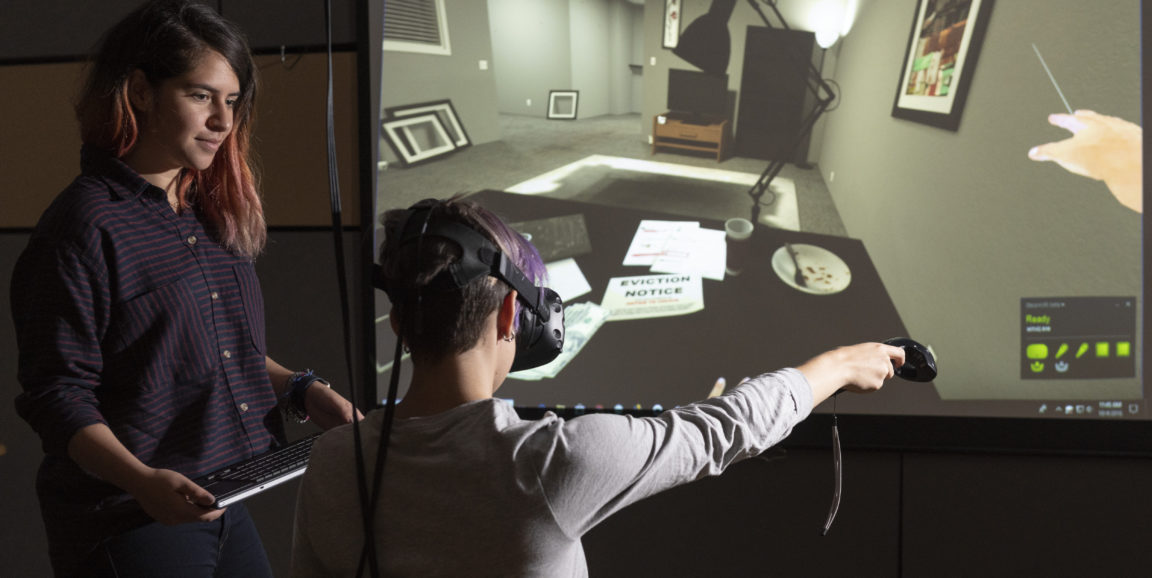You can't understand someone until you've walked a mile in their shoes, the saying goes. According to new Stanford research, technology might be helpful in making that walk possible.
In two studies involving 560 participants, virtual reality was shown to affect people's level of empathy for others. More specifically, people who experienced via virtual reality what it would be like to lose their jobs and become homeless developed longer-term compassion for the homeless compared to those who were exposed to the information in different ways. Participants were also more likely to sign a petition in support of affordable housing after the study was over.
In a Stanford News story, writer Alex Shashkevich described the seven-minute VR experience shown to the participants, called “Becoming Homeless," and he shared the thoughts of the researchers. "Experiences are what define us as humans, so it’s not surprising that an intense experience in VR is more impactful than imagining something,” said Jeremy Bailenson, PhD, a professor of communication and a co-author of the paper.
Fernanda Herrera, a graduate student in the Department of Communication and lead author of the paper, called the findings exciting and said they're an "important step in figuring out how much of an effect this technology can have on people’s level of empathy in the long term."
As Shashkevich explained, the researchers are now "working on other studies to figure out the nuances of VR’s effects on people."
Photo of Fernanda Herrera (left) and a fellow student by Linda A. Cicero/Stanford News Service




